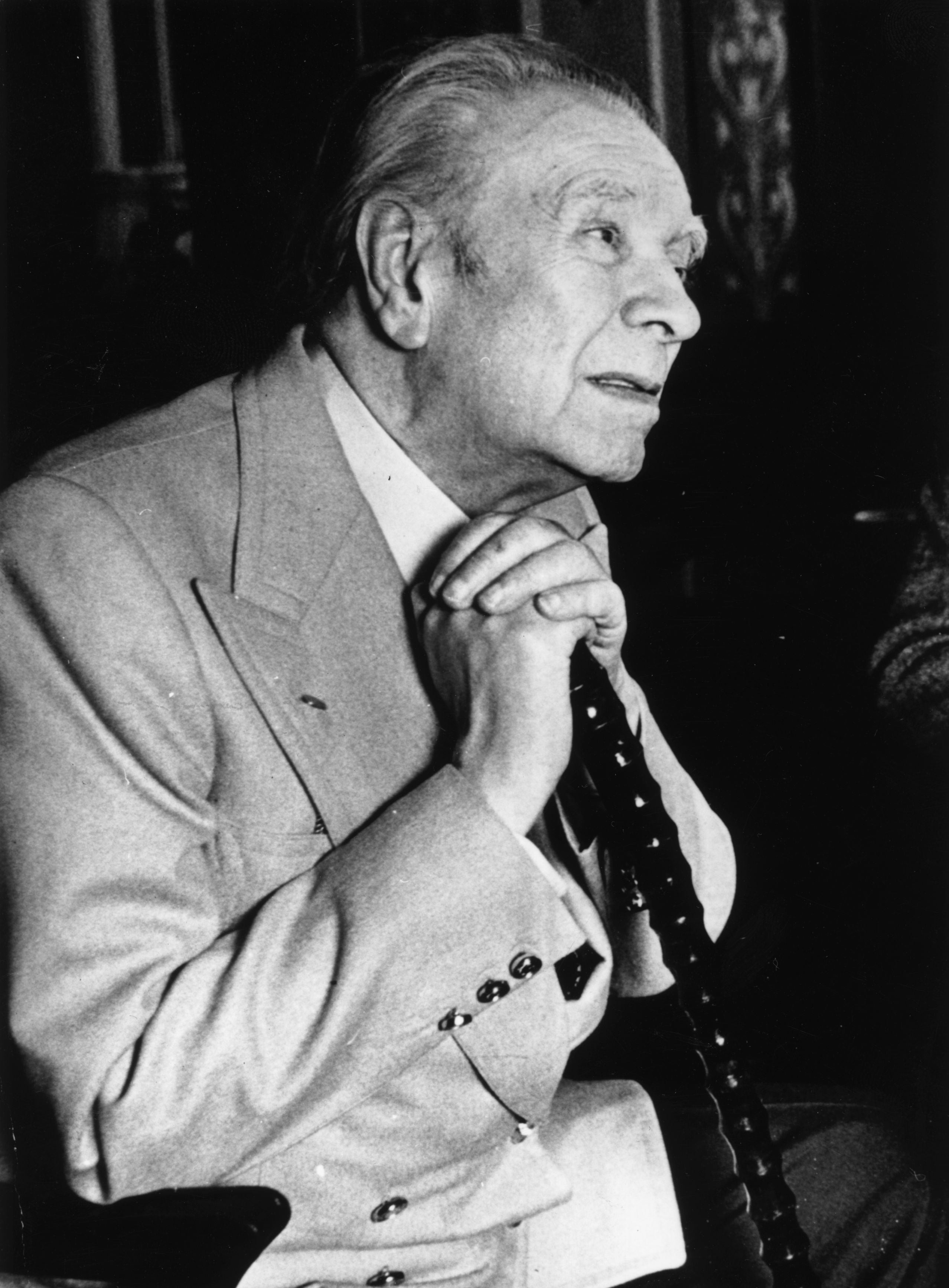Book of a lifetime: Fictions by Jorge Luis Borges
From The Independent archive: Richard Gwyn learns from Borges that instead of writing big books, we can just pretend that they exist, with the potential for an infinity of outcomes

When it came to settling on a single book, in the end it had to be Borges – and it had to be this one.
Other books have had a powerful impact on me, but none marked a turning point in my understanding of the world and the written word in quite the same way. I first read these stories at the age of 18, while living in an abandoned shepherd’s hut halfway up a mountain in Crete. I had found the spot by chance while exploring an empty stretch of beach, and moved in for the summer.
I had just consumed The Brothers Karamazov and The Magic Mountain in rapid succession, and the brevity and intensity of Borges’s writing came as a revelation. Borges himself had something to say about big novels: “It is a laborious madness and an impoverishing one, the madness of composing vast books – setting out in five hundred pages an idea that can be perfectly related orally in five minutes. The better way to go about it is pretend that those books already exist, and offer a summary, a commentary on them.”
The idea that instead of writing big books, we can just pretend that they exist had a profound appeal to the budding writer in me, horrified at the interminable exposition of those mighty tomes by Dostoevsky and Mann. Borges’s ludic style and brevity were much more attractive, and there was something enormously liberating, a kind of weightlessness, to the idea that by minimising the word count we might invoke extraordinary worlds without actually having to set them down.
One of my favourite stories in Fictions is “Tlön, Uqbar, Orbis Tertius”, which concerns the illusory country of Uqbar, where “mirrors and copulation are abominable, since they both multiply the numbers of man”. Another is “The Babylon Lottery”, which begins with the words: “Like all men in Babylon I have been a proconsul: like all a slave: I have also known omnipotence, opprobrium, jail.”
The reader is immediately swept along by the rhythm of these sentences; a rhythm that so often in Borges (who primarily considered himself a poet) provides a perplexing undertow or counterpoint to explicit meaning. In Spanish it works even better – Borges can best be understood as a profoundly Argentine writer, and many of his stories are parables of Argentine life – but there is also an “English” Borges.
He reminds us in his cadences of the writers that influenced him: his beloved Stevenson, Kipling and Chesterton. As an 18-year-old I was seduced by the idea that every instant contains the potential for an infinity of outcomes – a recurring motif in Borges’s work – or that our universe is only one in a multiplicity of possible universes, or that rather than being the proprietors of our own consciousness, we are being dreamed by some other entity. They are not comfortable ideas to live with, but always pressing at the edges of comprehension, and always dissatisfied with received wisdoms.



Join our commenting forum
Join thought-provoking conversations, follow other Independent readers and see their replies
Comments